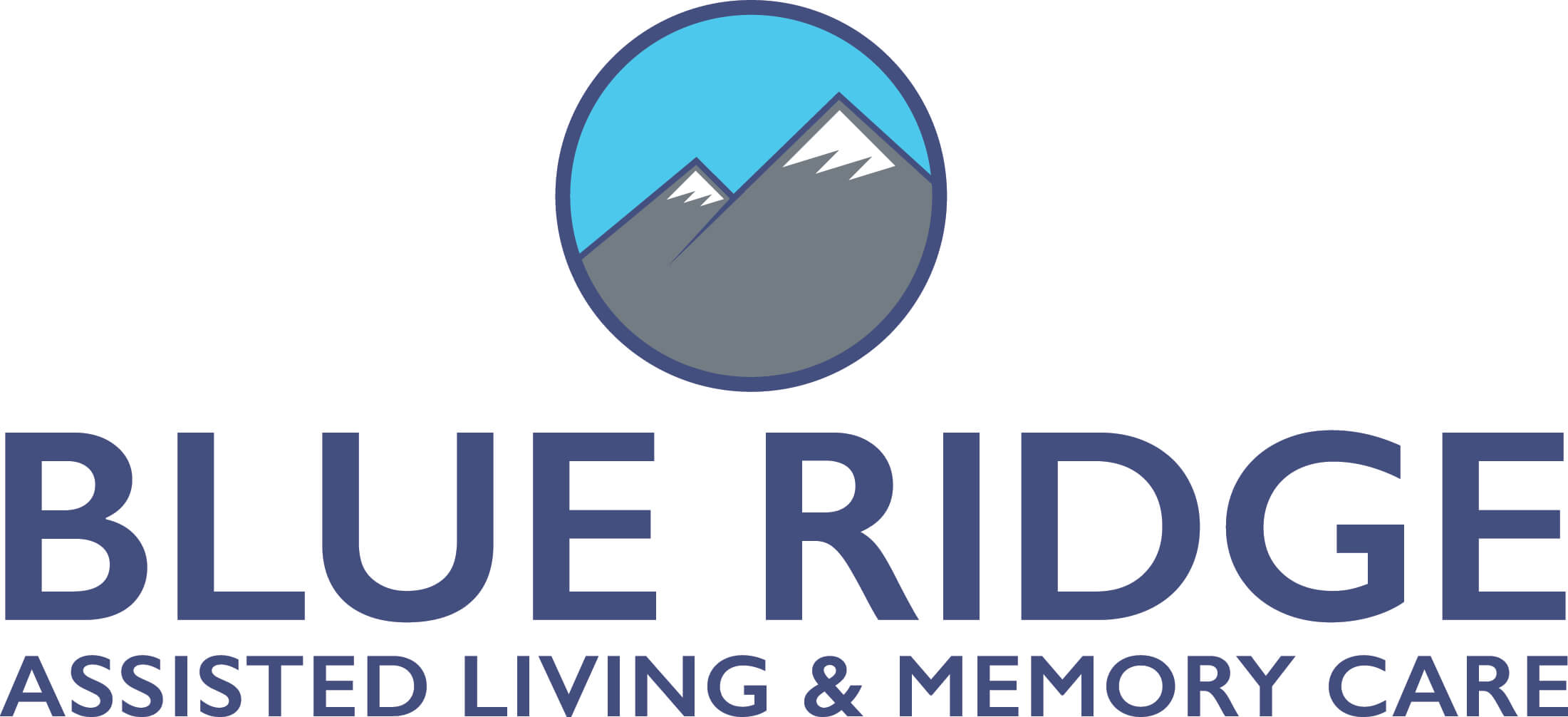As we advance in age, sleep patterns are subject to change, which is normal. For instance, aging adults might go to sleep earlier, wake up sooner, or have less REM sleep. That being said, sleep deprivation is never normal or a good thing. In fact, good quality sleep is equal in importance to emotional and physical health. Below are some tips for assisting loved ones who are sleep-deprived.
Keep the Bedroom Cool, Dark and Quiet
As we get older, we tend to have a higher sensitivity to noise. Furthermore, if the bedroom is too hot or has multiple electronic devices such as computers or televisions that give off artificial light, it can disrupt your loved ones’ ability to sleep. If they have to sleep in a room with such devices, purchase and use a sleep mask to obtain complete darkness. If they live in a building with no sound insulation and they can frequently hear noises outside, then invest in a pair of earplugs.
Enhance the Production of Melatonin
Melatonin is a necessity for adequate sleep. Most homes now use artificial lights such as LEDs, and while they provide a number of advantages for general illumination and energy cost savings, they can also inhibit the body’s melatonin production. The solution is to install bulbs that are low wattage in the room where your parents sleep and also turn off all electronic devices at least an hour before going to bed. Some computers and electronic devices have LEDs that remain on even after they are turned off, you might want to cover them with a sheet that blocks the illumination.
Avoid Using Sleeping Pills and Aids
While many over the age of 65 who have sleep deprivation are quick to go to their local pharmacy and get a prescription for sleeping pills, this is not recommended. The reason is that such aides often have side effects. This means that they are not really designed to be used long-term. Plus, these pills will not address the underlying causes for insomnia and long-term use might make the problem worse.
Take Naps at the Proper Time
As your parents advance in age, you might notice them feeling sleepy and are tempted to take a nap during certain times of the day. While taking a nap is a great way to boost energy levels, it has to be done in the right way; otherwise, it could disrupt their sleep schedule. It is important to keep naps brief, ideally from fifteen to forty-five minutes. Advice your parents to nap early, such as in the afternoon.
Eat Right, Exercise, and Engage in Physical Intimacy
Many people over the age of 65 do not eat well or exercise regularly, nor do they engage in physical intimacy. While it is true that the sex drives of men and women will tend to decline with age, physical intimacy and hugging have been shown to provide restful sleep and other benefits. Stay away from caffeine, sugary snacks, and alcohol before going to bed.







